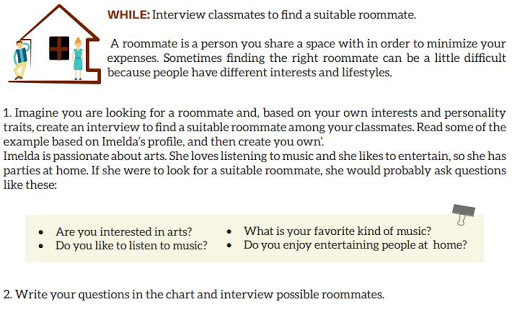Can and Can’t
The verb "can" has two possible meanings in Spanish. One is the verb "to be able" and the other is the verb "to know". To know which meaning is correct, it is necessary to be attentive to the context of the sentence.
Present
simple (Affirmative)
I can
Example:
-I can speak
Spanish.
-He can swim
well.
-We can see
our neighbour in the garden.
-They can
play the guitar.
The negative form of the verb "can" is "can't", which is the abbreviation for "cannot".
In informal language, both written and spoken, the form "can't" is generally used, while "cannot" is associated with formal language.
I can’t
you can’t
he can’t
she can’t
it can’t
we can’t
you can’t
Example:
-I cannot play the piano.
-We can't go to the cinema tonight.
-She cannot
speak French very well.
-He can't drive a car.
To reinforce your knowledge about the above, I invite you to watch this video!









